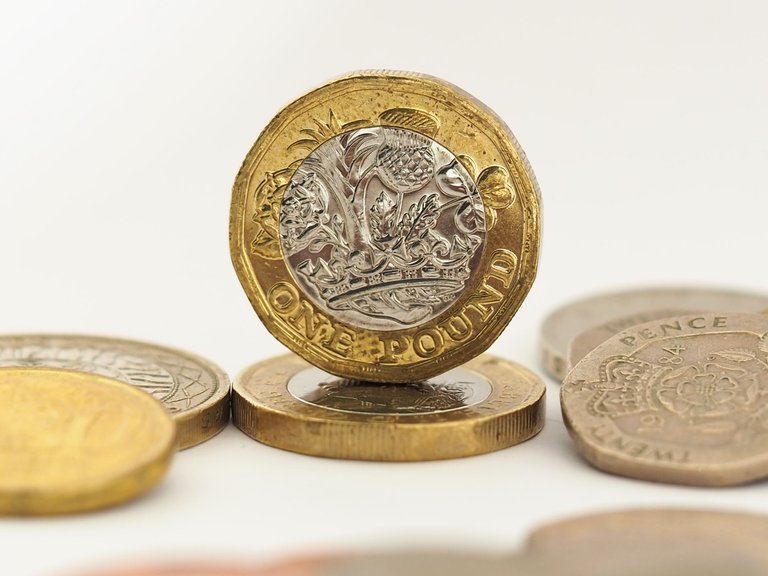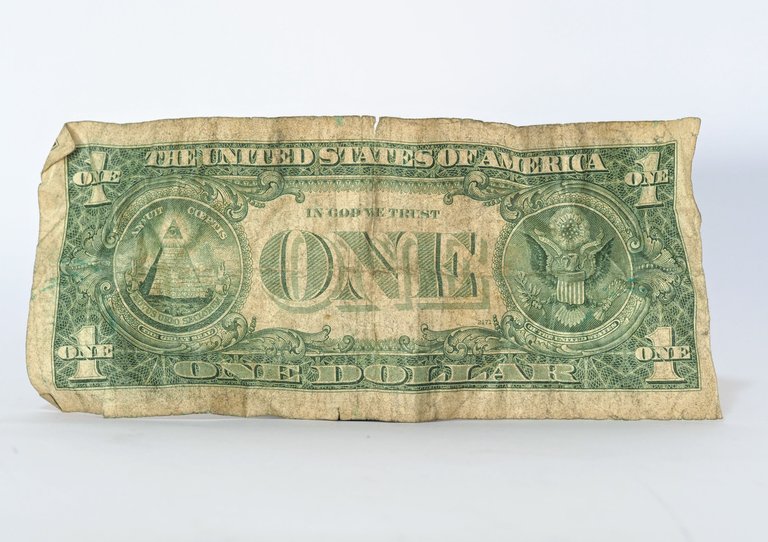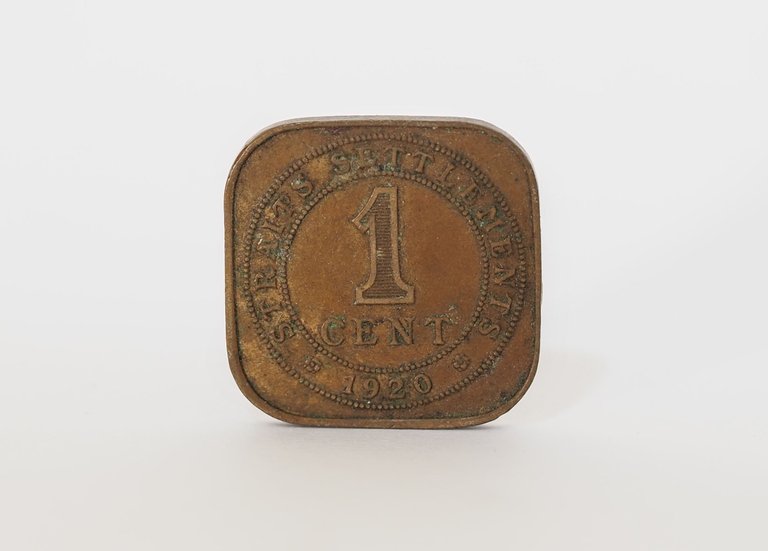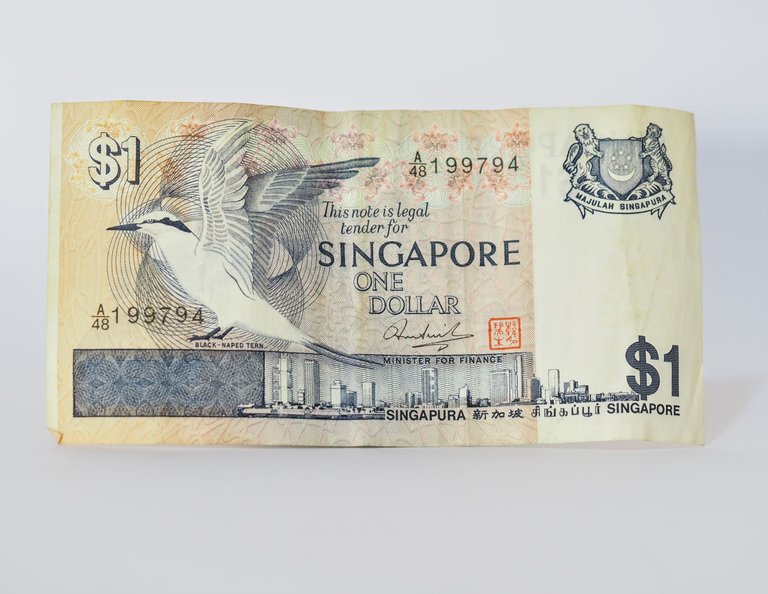
I'm pretty certain that no matter the country people live in or currency used, people think about saving money; I think many cannot actually do it due to financial pressures and the rising cost of living however, given the chance, most would want to have some sort of monetary savings behind them, or so I believe.
This week the #weekend-engagement writing prompts post presents a topic around cost savings and, as I have the time this weekend, I decided to get involved in this lovely initiative. So, as per the writing prompt, here's three things I could change to keep my costs down and I've added in three things I do already to keep my costs down.

What I could do: One
I buy my lunch each day I'm at work because I don't know what I want to eat, (if anything) ahead of time. I don't spend much, about $6.50, however over three days a week and forty eight weeks of the year that's $936. I could probably halve that by bringing something from home, so $468 in savings.
What I'm already doing:
I buy many products in bulk, meaning multiples. Toiletries and hair care, cleaning products, commonly use non-perishable food items and so on are all purchased in multiples, when on sale. It saves me many hundreds of dollars a year, probably into the thousands. It was difficult to amass the additional funds to lay out a larger sum for multiples, but after years of doing it we have the ability and it is a huge cost-saver.

What I could do: Two
I buy coffee once a day, almost every day of the week; that's $4.50 over - let's call it six days - for a total of $27...and $1,404 a year. It's not like I don't have the ability to make it at home, I do that too, but it's the convenience-factor of it. So, I could cut that in half by making coffee at home and being more strict on when I buy one out, and save $702 a year.
What I'm already doing: Two
My partner and I work of a budget; he has an Excel spreadsheet with formulas (whatever they are) and coloured columns and all. We have almost all of our costs and expenses laid out and amend the spreadsheet as costs go up or down. We don't look at it daily, there's no need, however it's a very visual way to understand expenditure. We can track where we are getting a little loose with our money and where things are going well. Factored into that spreadsheet as a cost is a savings plan also, for holidays, buying silver and other things.

What I could do: Three
I love fresh vegetables and buy them at a farmers market or, in a pinch, a high-end gourmet supermarket. It's costly. I've recently been thinking about frozen vegetables as a (sometimes) alternative. I read somewhere that they can be as fresh as the other kind through being snap frozen very soon after being harvested and the long shelf-life is another bonus - there's no wastage. About $75 of our weekly shopping is fresh vegetables so, $3900 a year and I think, based on my research I could reduce that by about 35% so a saving of $1,365 a year.
What I'm already doing: Three
I have a credit card that is linked to a frequent flyer program which accrues points every time I use it. I use it for everything meaning it accrues a lot of points which we cash in at the online store for gift cards at supermarkets and gas stations. We pay the credit card off in full at the end of every month so incur no interest charges and we gain somewhere between $1,700 and $2,100 in gift cards annually to spend on shopping or fuel.
There's many ways a person can cut expenditure but the first step needs to be wanting to and then determining the current position (that's where the budget spreadsheet comes into it), and then make a commitment to change or amend those areas where there's wastage, or, at least, room for improvement. It takes some discipline however in a world where the cost of everything is going up, who can afford not to do it?
My partner and I are financially comfortable and could afford to spend more than we do, however we don't feel the need and we are committed to cost-reduction and putting aside savings, especially so in a society in which the cost of living is rising exponentially. We are happy with the way we do things although, clearly there's ways we can improve. Do we need to cut back some of the luxury spending? No, we don't. If we did though, would it mean we could do other more important or enjoyable things with those funds? Sure it does. That's the question people have to aske themselves I guess.
Becca 💗
This post has been written for the 145 of the #weekend-engagement concept conceived by @galenkp and featured in THE WEEKEND community.
The idea of bringing pack lunch at work, rather than buying is really a big savings!
I am doing that as food at work is kinda expensive
It's a really good idea and often means I could take leftovers from dinner the night before to save money. I'm going to do it.
Becca 🌷
I agree with you, we can bring something from home for our lunch at work so we can save money on buying food outside.
It seems like the logical thing to do.
Becca 🌷
Hey @becca-mac!
Actifit (@actifit) is Hive's flagship Move2Earn Project. We've been building on hive for almost 5 years now and have an active community of 7,000+ subscribers & 600+ active users.
We provide many services on top of hive, supportive to both hive and actifit vision. We've also partnered with many great projects and communities on hive.
We're looking for your vote to support actifit's growth and services on hive blockchain.
Click one of below links to view/vote on the proposal: